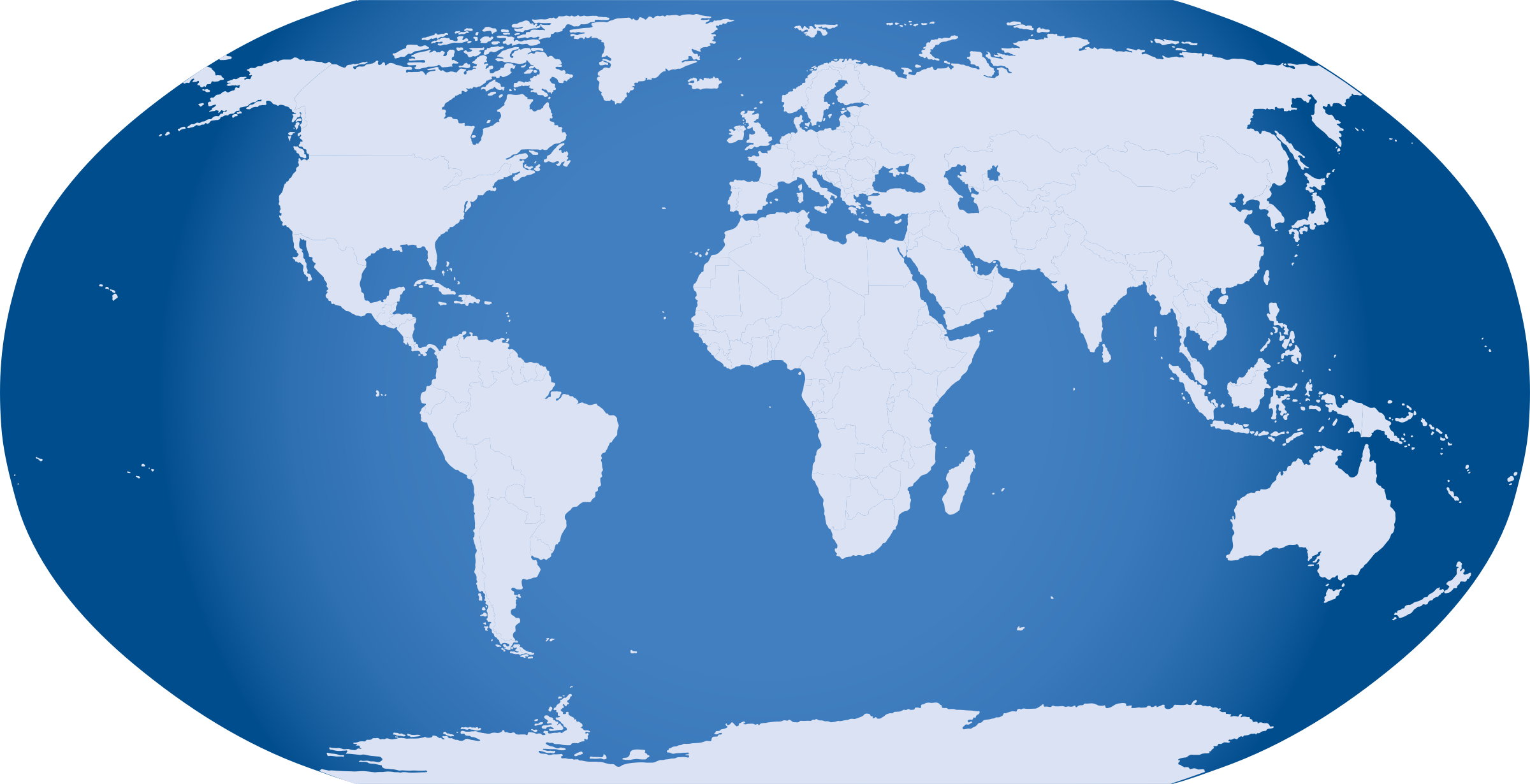The teachings of the Baha’i Faith extend far beyond religious dogma; they cradle a vision of humanity’s potential that is exquisitely woven with the fabric of world unification. As the dawn of the twenty-first century unfolds with all its complexities and tribulations, the eerily prescient words of Baha’u’llah ring louder than ever: humanity must choose between the path of cooperation and harmony or plunge headlong into the abyss of conflict and chaos. This discourse delves into the intricate tapestry of Baha’i teachings, positing that the choice before humanity is starkly dichotomous: world unification or world war.
At the heart of Baha’i teachings is the proclamation of unity — a clarion call that transcends racial, national, and religious boundaries. Indeed, Baha’u’llah’s vision paints a picture of a global society where the diverse hues of humanity blend together, forming a singular, resplendent mosaic. The metaphor of a garden springs forth as fitting; each flower, unique and splendid, contributes to the overall beauty of the landscape. Conversely, when these flowers refuse to coexist and vie for dominance, the garden deteriorates, transforming into a wasteland, symbolizing the harrowing reality of conflict.
Within this framework of world unification lies an inherent recognition of the essential oneness of humankind. This principle urges individuals to eschew prejudice and embrace diversity as an invaluable asset rather than a liability. Societies fraught with division may find themselves teetering on the precipice of turmoil, echoing past tragedies that illustrate the consequences of disunity. The Baha’i Faith posits that the path to peace is paved with justice and equality; systemic inequities must be dismantled to foster authentic connections among disparate groups. Herein lies a prophetic warning: should humanity ignore this tenet, it risks spiraling into conflict that echoes through the annals of history.
As the fabric of society intertwines with the thread of globalization, the urgency for unity has never been more pronounced. The Baha’i teachings elucidate that genuine progress cannot be achieved in the absence of collaboration across borders. In a world interconnected by technology, the potential for interdependence is colossal. However, the paradox remains that while technology heralds the promise of unity, it also bears the weight of division. Misinformation spreads like wildfire, polarizing communities and inciting discord. The teachings of Baha’u’llah serve as a lighthouse, illuminating the perilous waters of misunderstanding, guiding humanity back to the safe shores of dialogue and cooperation.
Furthermore, Baha’i teachings emphasize the cultivation of a global governance system that reflects collective humanity’s interests rather than the vested interests of a select few. The establishment of such a system is seen as a crucial precursor to world unification. It is imperative that institutions and processes embody the principles of transparency, accountability, and inclusivity. This potential paradigm shift in governance suggests a global parliament that encourages participation from all corners of the Earth. Yet, herein lies a poignant question: will humanity seize this opportunity to come together, or will it retreat into the anarchy of nationalism and conflict?
The question of war versus peace is not only a matter of geopolitical strategy but also, significantly, a moral one. The Baha’i Faith argues for the adoption of a universal language of peace — one that transcends linguistic barriers and fosters understanding and empathy. Within this realm, the metaphor of the “human family” emerges, suggesting an elevated consciousness that recognizes every individual as part of a larger whole. This expansive mindset shifts the locus of concern from the self to the collective, compelling individuals to act in the interest of the common good. Failure to do so could catalyze the descent into despair, where the specter of war looms large and the symphony of humanity is reduced to a cacophony of discord.
Moreover, the Baha’i teachings elucidate the indelible link between education, equality, and peace. The liberation of oppressed minds and hearts furthers the cause of unity. Ignorance breeds fanaticism, and where ignorance prevails, so too does conflict. Therefore, the promotion of universal education is not merely an ideal but an imperative. It is through education that humanity can awaken to its intrinsic potential and recognize the futility of strife in a world that beckons harmony.
As we stand on the precipice of history, the Baha’i Faith proffers guidance that is both profound and prescient. The choice between world unification and world war is not a distant abstraction, but a present reality shaped by our actions. The prevailing sentiment of the era oscillates between fear and hope; it is imperative that humanity galvanizes around the promise of its collective potential. In this critical juncture, the teachings of Baha’u’llah implore us to embody the virtues of compassion, unity, and justice, steering the course of civilization towards a future illuminated by the light of collective progress.
Thus, the Baha’i teachings resonate like the melodious strains of a hopeful hymn, beckoning humanity to rise above its own limitations. Failure to heed this clarion call signals not just a regression into disarray but a tragedy that reverberates through generations. The mantle of choice rests upon the shoulders of humankind, demanding decisive action. Will we sow the seeds of unity or cultivate the grounds of division? The answer to this poignant question will, ultimately, determine the destiny of our shared future.
